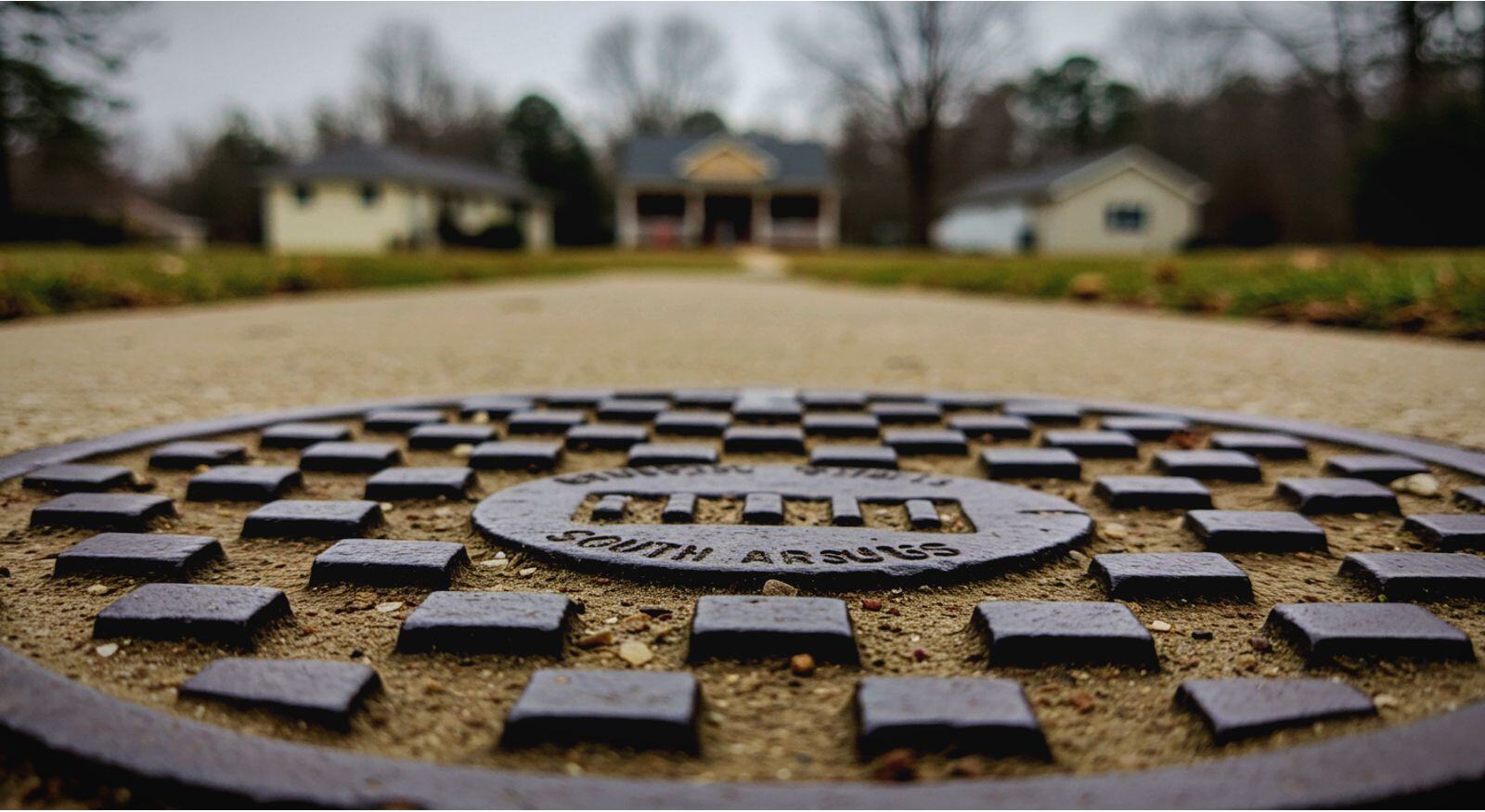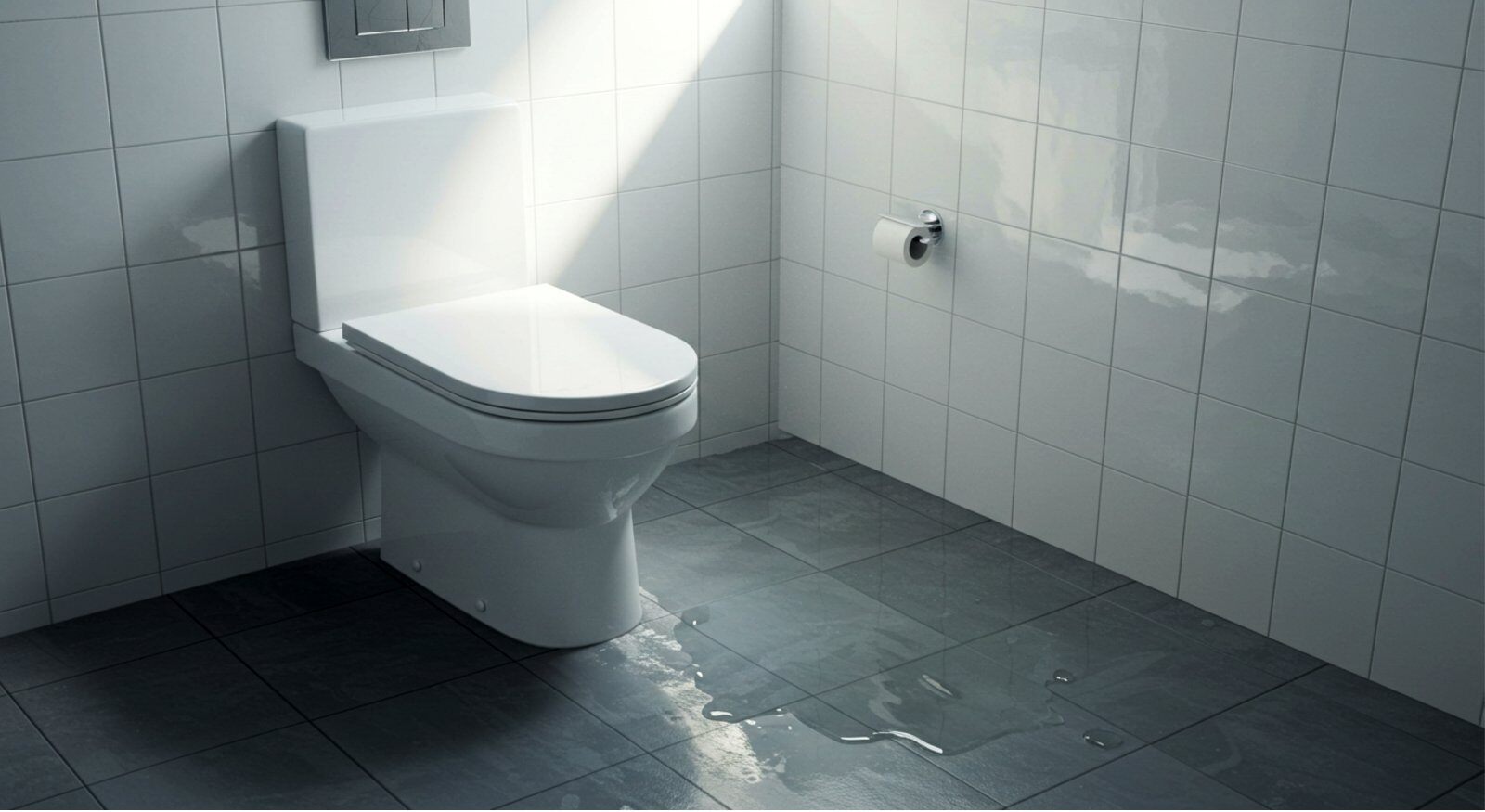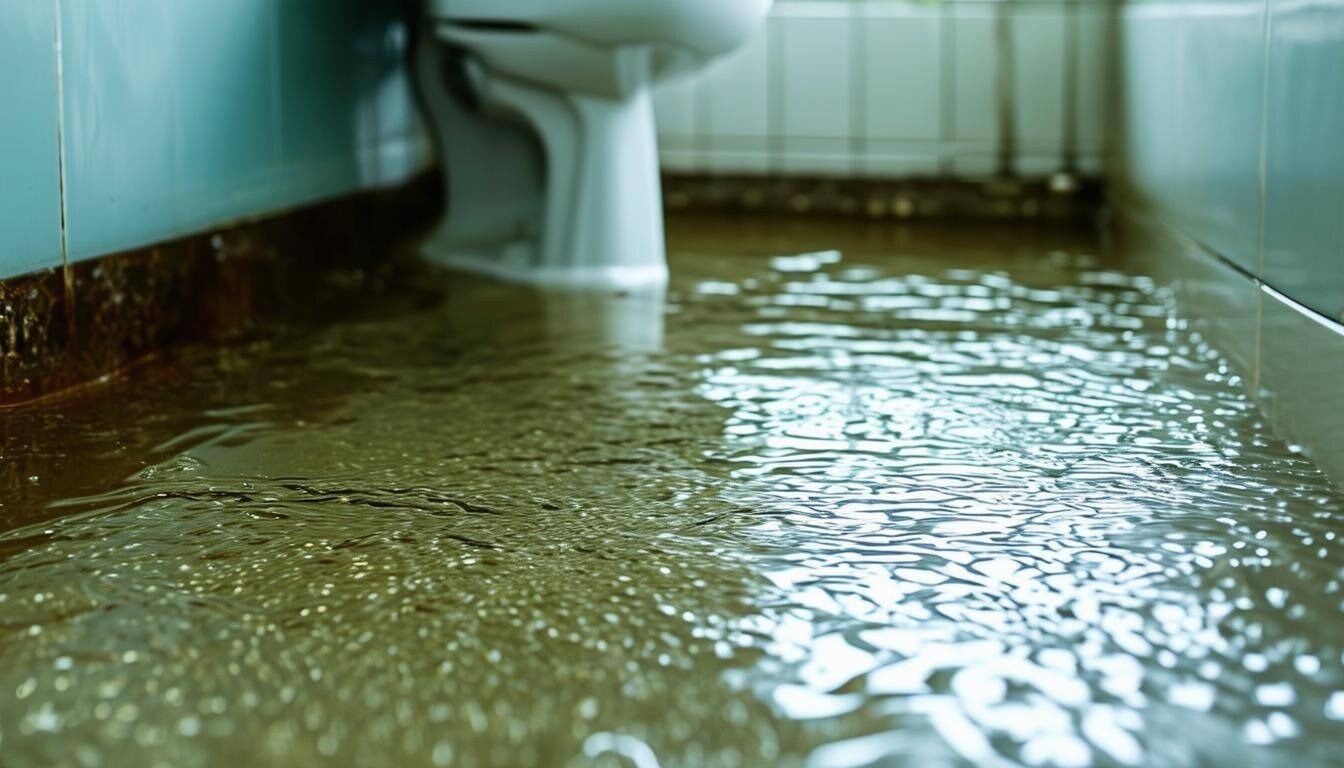Sewage Backup and Insurance: What You Must Know
July 9th, 2025
4 min read

Discovering a sewage backup in your home is bad enough, but then comes the realization: "Does my insurance cover this?" Navigating the insurance world can feel like trying to swim through a sewer pipe—it's dark and confusing, and you're not sure what you will encounter.
But don't worry; we're here to help you understand your insurance coverage. As a company that has restored sewage damage for over a decade, we have ample experience working with insurance companies.
Today, we will discuss insurance coverage and sewage backup! In this article, you will learn important details about your coverage, the significance of documentation, how to file a claim, and some handy tips to help you through the process. We will also talk about what happens when the municipal government is responsible. So, let's get started!
Understanding Your Policy
First things first, grab your insurance policy (we know, it's probably buried somewhere in a pile of paperwork, but trust us, it's worth finding). Every policy is different, so it's important to understand your specific coverage. Here are some key things to look for:
- Water Backup Coverage: Your standard homeowners insurance policies don't automatically cover sewage backups. If you want to protect your home against sewage backups, we recommend looking for a specific endorsement to your policy for this coverage.
- Coverage Limits: Even if you have sewage backup coverage, there might be limits on how much the insurance company will pay you. These limits can vary depending on your policy and the extent of the damage.
- Exclusions: Most policies have exclusions, meaning certain types of damage or events might not be covered. For example, some policies exclude damage caused by negligence or lack of maintenance.
Documenting the Damage
Like all situations that result in filing a claim, you should document the damage. If you experience a sewage backup, make sure to take pictures or videos as evidence. The more evidence you have, the stronger your case will be.
Here are some tips for the documentation for your claim:
- Take Photos and Videos: Capture the damage from multiple angles, including close-ups of affected areas and belongings.
- Create an Inventory: Make a detailed list of damaged or destroyed items, including their value and any receipts or proof of purchase.
- Keep Records: Keep copies of all communication with your insurance company, including emails, letters, and phone calls.
Filing a Claim
After you've documented the damage, the next step is to file a claim with your insurance company. This process may feel overwhelming, but staying proactive and organized can help make everything go smoothly. Here are some tips:
- Report the Damage Promptly: Many policies have time limits for filing claims, so don't delay. The sooner you report the damage, the sooner the claims process can begin.
- Provide Detailed Information: Be prepared to provide your insurance company with detailed information about the damage, including the date and time of the incident, the cause of the backup, and the extent of the damage.
- Work with a Restoration Company: A reputable restoration company can help you navigate the claims process and ensure you receive the maximum benefits you're entitled to.
Working with Your Insurance Company
Now, we know what you are thinking. Dealing with insurance companies can be frustrating, so here are some tips for a better experience:
- Be Patient: The claims process can take time, so be patient and persistent.
- Keep Records: Keep detailed records of all communication with your insurance company.
- Ask Questions: Never hesitate to ask questions! If you're unsure about anything, your insurance agent or insurance adjuster is there to explain it.
- Be Assertive: If you feel your claim is being unfairly denied or undervalued, don't be afraid to stand up for yourself.
- Consider Professional Help: Insurance claims can be tricky. If you struggle to navigate this process or want to appeal your insurer's decision, consider getting help from a third party. A public adjuster or an attorney specializing in insurance claims can advise in this process.
Navigating Municipal Liability
Sometimes, sewage backups are caused by problems with the municipal sewer line, such as blockages or damage. In these cases, the city might be responsible for the damage. However, proving municipal liability can be challenging, and you might need to provide evidence that the city was negligent in maintaining the sewer line.
If you suspect the city is responsible for your sewage backup, it's important to contact them as soon as possible and document the damage thoroughly. Consider consulting with an attorney specializing in municipal liability to discuss your options moving forward.
Calling the Pros: The Benefits of Expert Sewage Restoration
Sewage backups are messy, stressful, and potentially hazardous situations. Hiring a reputable sewage damage restoration company comes with a lot of advantages. Here are some key benefits of working with a professional restoration company:
- Minimize Health Risks: They use specialized protective equipment to prevent exposure and avoid contamination in other areas.
- Ensure a Deep Clean: Professionals have the tools to clean up thoroughly.
- Efficient Drying: They have equipment to accelerate the process.
- Complete Restoration Services: A good restoration company can handle all the phases of the restoration job, including removal.
- Insurance Claim Assistance: They can share the case documentation with your insurer and guide you through your claim.
How to Pick The Right Restoration Company For You
When choosing a sewage damage restoration company, here is what to look for:
- Experience: Choose a company with a proven track record of handling sewage backups effectively.
- Licensing and Insurance: Make sure the company is licensed and insured to protect you in case of accidents or damage.
- Certifications: Look for companies with relevant certifications, such as those from the Institute of Inspection, Cleaning, and Restoration Certification (IICRC), which demonstrate their expertise and adherence to industry standards.
- Reputation: Check online reviews and ask for references to gauge the company's reputation and customer satisfaction.
- Clear Communication: Choose a company that communicates clearly and transparently, keeping you informed throughout the restoration process.
So, now you're equipped with the knowledge to navigate the murky waters of sewage backup insurance–what's covered, what's not, and how to make sure you're protected. If dealing with a sewage backup and insurance claims makes your head spin, remember that you are not alone.
At Restore-It, we're not just experts in sewage damage restoration but also your partners in navigating the insurance maze. Contact us today, and let us help you turn this messy situation into a distant memory.
Topics:








